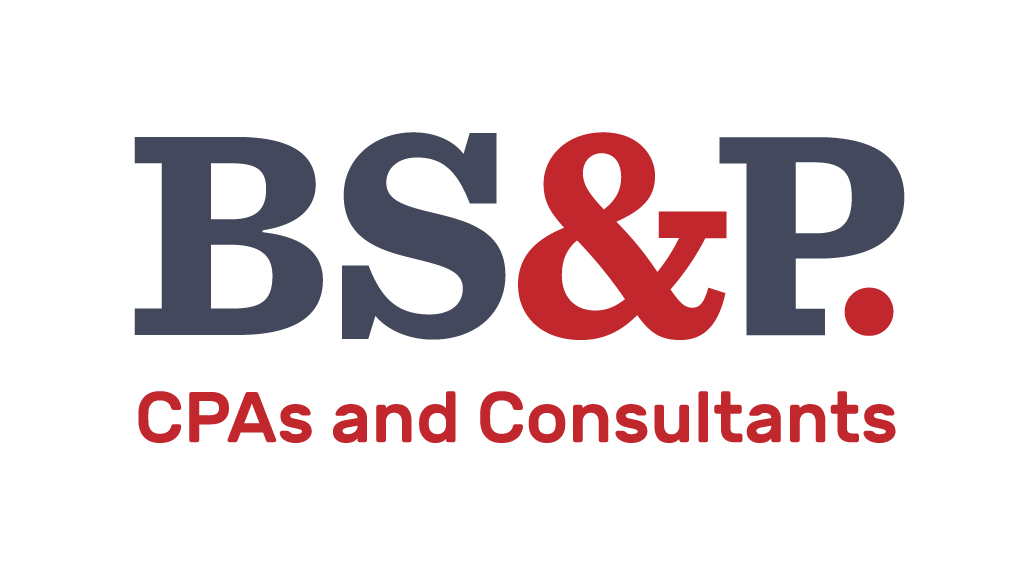In response to the Coronavirus 19 pandemic, Congress has passed $2 Trillion dollar’s worth of economic aid to American taxpayers and businesses. The scope and extent of these laws is both wide ranging and immediate in an attempt to assist economic disruption caused by the virus.
Keeping American Workers Paid and Employed Loans
The biggest component of the act is Keeping American Workers Paid and Employed provisions and is available to business and non-profits with 500 employees or less.
This loan program, the Paycheck Protection Program (PPE), is federally insured and partially forgivable. The loan can be used to cover short term operating costs during the crisis (February 15 – June 30, 2020).
Amount of loan available:
- The maximum amount of the loan is equivalent to 250% of the employer’s average monthly payroll costs or $10 million, whichever is less.
- Payroll costs are defined as:
Compensation for an employee that is:
- Salary, wages, commissions or similar compensation.
- Cash tips or equivalent.
- Vacation, parental, family, medical or sick leave.
- Dismissal or separation payments.
- Group term health care benefits including insurance premiums.
- Retirement benefits.
- State and local taxes assessed on the compensation of employees.
- It also includes payments to a sole proprietor or independent contractor that is a wage, commission, income, net earnings from self-employment or similar compensation that is an amount that is not more than $100,000 in 1 year as prorated for the covered period.
- Compensation does not include:
- payments to an employee whose principal place of business is outside of the United States.,
- compensation to an employee in excess of $100,000 or
- taxes imposed under FICA, Railroad Retirement or Federal Income Tax Withholding.
The largest benefit of these loans is a portion of the loan may be forgiven for amounts expended during the first eight weeks from loan origination on the sum of any:
- Payroll costs.
- Payments of interest on any mortgage incurred before February 15, 2020.
- Rent obligations.
- Utility payments for gas, electricity, water, telephone or internet service which began before February 15, 2020.
The amount forgiven cannot exceed the principal amount of the loan and the forgiven amount can be reduced based on a reduction in the number of employees or wages.
The application for loan forgiveness will need to include documentation of qualified expenditures such as:
- payroll tax filings,
- state income tax filings,
- cancelled checks,
- payment receipts,
- transcripts of accounts or other documents verifying payments.
Contact your bank or any SBA approved lender to start the process.
Small Business Debt Relief Program
The program provides immediate relief to small businesses with non-disaster SBA loans.
- The SBA will cover all loan payments on these loans including principal, interest and fees for six months.
- Is also available to new borrowers who take out loans within six months of the signing of the bill.
EIDL (Economic Injury Disaster Loans)
- These are lower interest loans of up to $2 million.
- Principal and interest can be deferred up to 4 years.
- Are available to pay for expenses that could have been met had the disaster not occurred.
- From Jan 31, 2020 to Dec 31, 2020 EIDL eligibility is greatly expanded to include any business or non-profits with no more than 500 employees.
- The CARES Act waives:
- Personal guarantees for loans up to $200,000
- The requirement that the applicant must be in business for a year (but must be in business on January 31, 2020) and
- The credit elsewhere test
- Go to https://covid19relief.sba.gov/#/ to apply.
Economic Emergency Injury Grants
- Grants of an emergency advance of up to $10,000 to small businesses and private non-profits harmed by COVID-19 within three days of applying for EIDL.
- Business must apply for the EIDL and then request the advance.
- The grant does not need to be repaid under any circumstances and may be used to keep employees on payroll, pay for sick leave, meet increased production costs due to supply chain disruptions or pay business obligations including debts, rent and mortgage payments.
Please feel free to contact our office to discuss these provisions if you have further questions.
